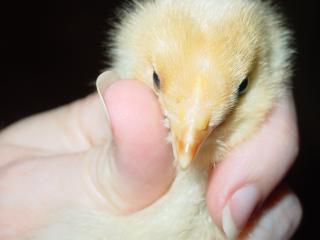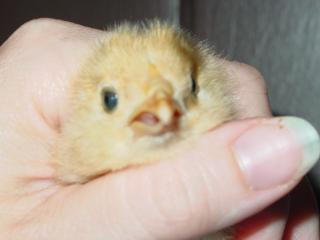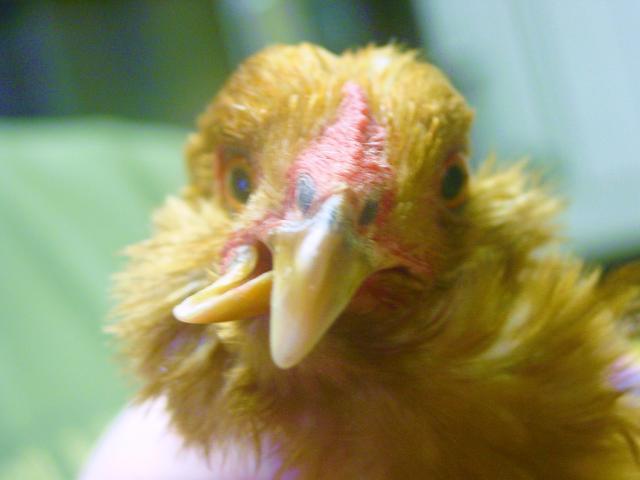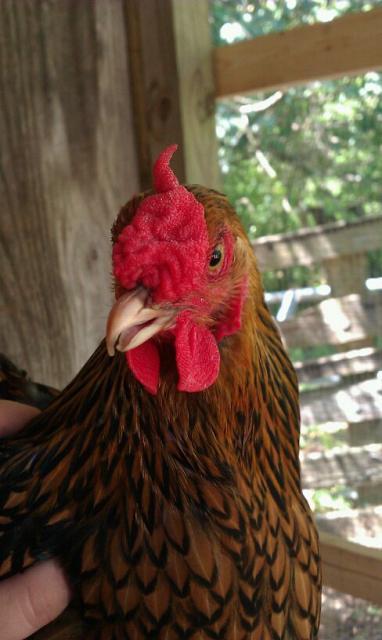- Dec 15, 2009
- 45
- 0
- 32
I have an almost 4 week old chick with a severe (at least I think so) crossed beak. I will try to post pics. The lower beak is pointing to the left and the upper beak has an unusal hook to it. It reminds me of a raptor's beak. I have been syringe feeding it several times a day. It now flies up to me while all the others run away. I put some of the game bird starter food in the microwave with a little water and that makes it nice and mushy so it can be squirted out of the syringe. My question is how much should I be feeding it and how often shoud I be doing it? Am I doing it a diservice by feeding it? Thanks in advance for any and all advise, even if you say I should cull it.





